Dhaka, February 13 (V7N) – Chief Adviser Professor Muhammad Yunus has commended the International Fund for Agricultural Development (Ifad) for its pivotal role in advancing rural development and climate-resilient agriculture.
In a video message delivered at Ifad's 48th Governing Council on Wednesday, he underscored the need for sustained investment in rural communities to ensure long-term food security and economic stability.
Commending Ifad for its ongoing efforts, Professor Yunus stated: "Over the years, Ifad's investments in Bangladesh have played an important role in enhancing agricultural productivity, improving livelihoods, and strengthening resilience to climate change. Yet, as we stand on the front lines of climate change, we must continue to prioritize investments in sustainable irrigation, innovative technologies, and climate-adaptive farming practices."
He highlighted Ifad's longstanding collaboration with Bangladesh, referencing the organization's early support for the Grameen Bank, which pioneered microcredit to empower rural communities, particularly women.
He also emphasized the potential of social business, a model he has championed, which focuses on driving sustainable rural development by reinvesting profits for social impact.
Professor Yunus also recognized Ifad's commitment to social inclusion, noting: "In Bangladesh, Ifad-financed projects empower rural women with tools, training, and resources to lead and drive economic change. This aligns with the vision of a '3 Zero world', which aims to eliminate poverty through non-wealth concentration, eradicate unemployment, and achieve net-zero carbon emissions."
The 48th Governing Council's theme, "Catalyzing Investment at the First Mile", shifts focus to small-scale farmers who form the backbone of global food systems.
Ifad believes that these rural communities, often referred to as the "last mile" should instead be recognized as the "first mile" in development because they produce the food that sustains the world.
Professor Yunus called upon the international community to engage with Bangladesh’s evolving landscape, emphasizing the country’s commitment to freedom, democracy.and economic transformation.
He stressed the need for youth engagement in rural innovation, saying: "Young farmers, students, and innovators hold the key to a better, more sustainable future. Their creativity and determination will shape the world we build.”
With Bangladesh facing the growing threats of rising sea levels, flooding and soil salinity, he urged continued investment in climate-resilient infrastructure, sustainable agricultural practices and community-led adaptation measures.
On Wednesday and Thursday, heads of state, ministers, development professionals, innovation experts and small-scale farmers from around the world met at the Ifad Governing Council, a global platform for discussions on rural investment, poverty reduction and sustainable agricultural practices.
The discussions focused on mobilizing finance, strengthening policies, fostering partnerships and enhancing resilience to create sustainable opportunities for those at the forefront of global food production.
END/MSS/AJ/



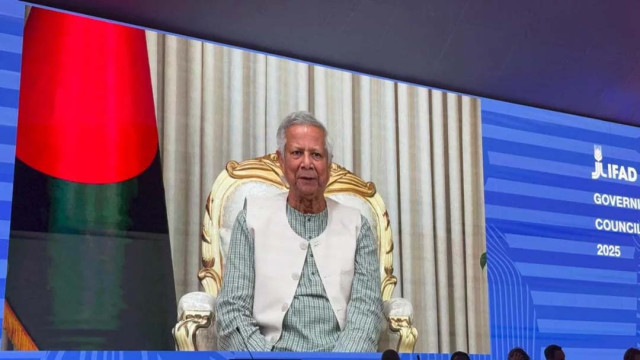
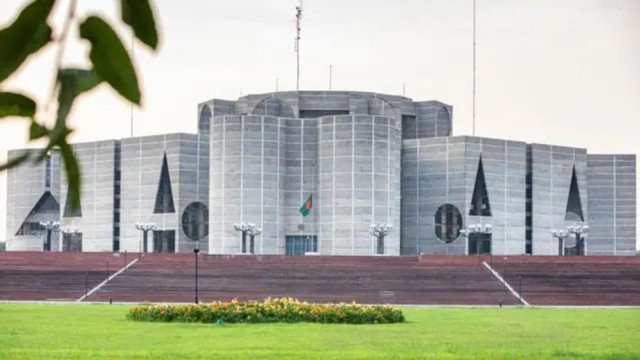
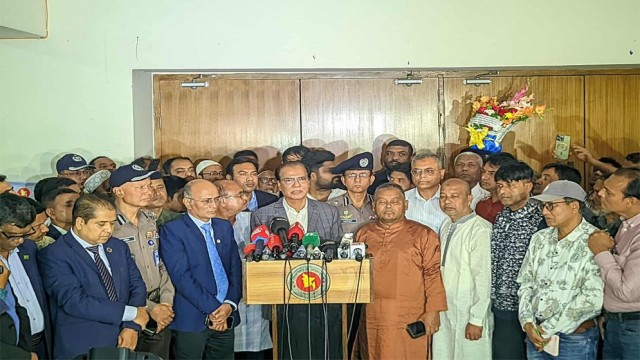
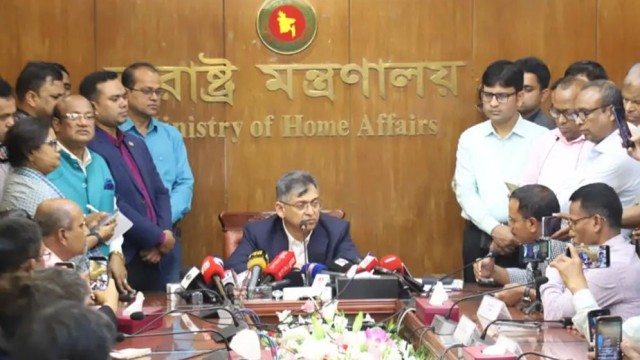

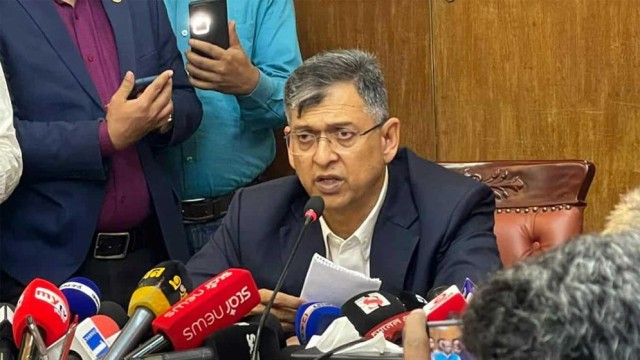
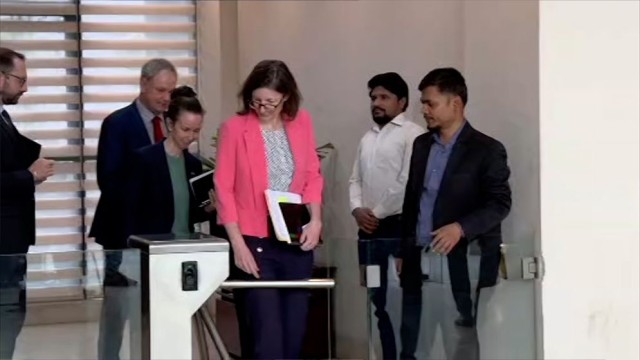


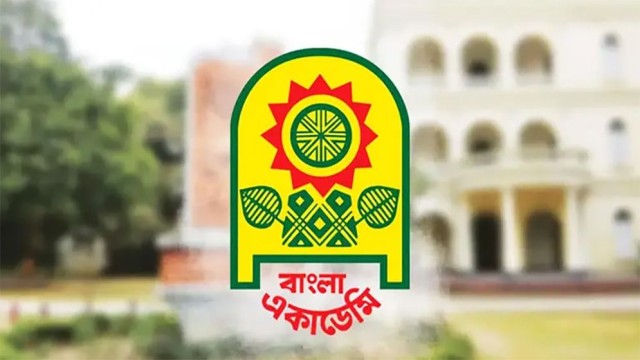
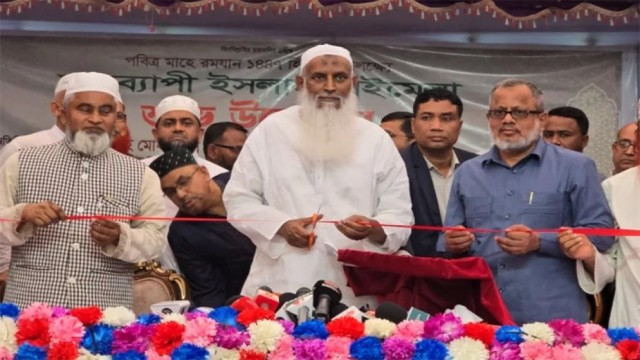











Comment: